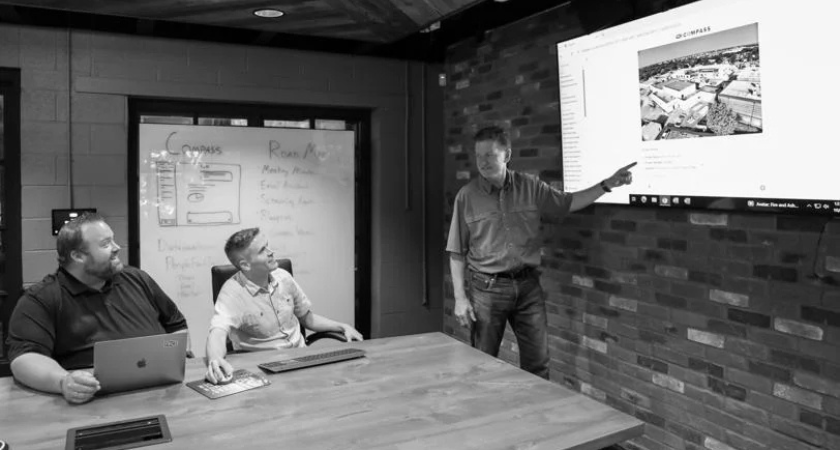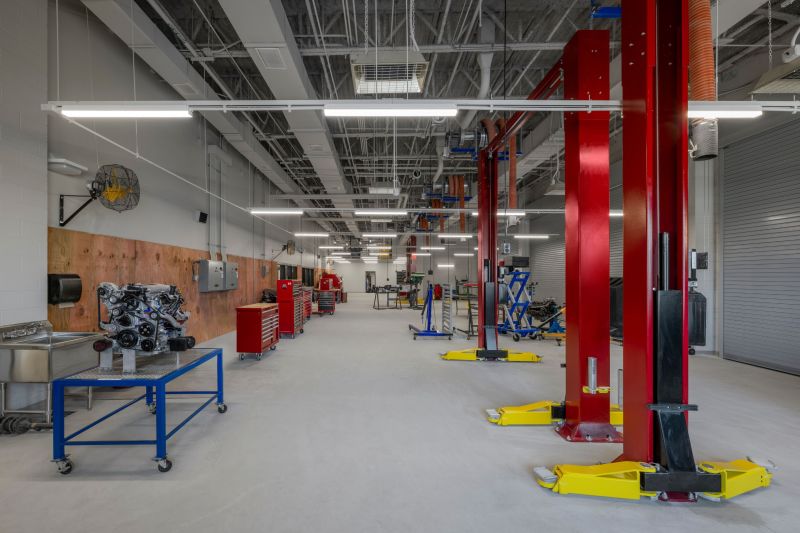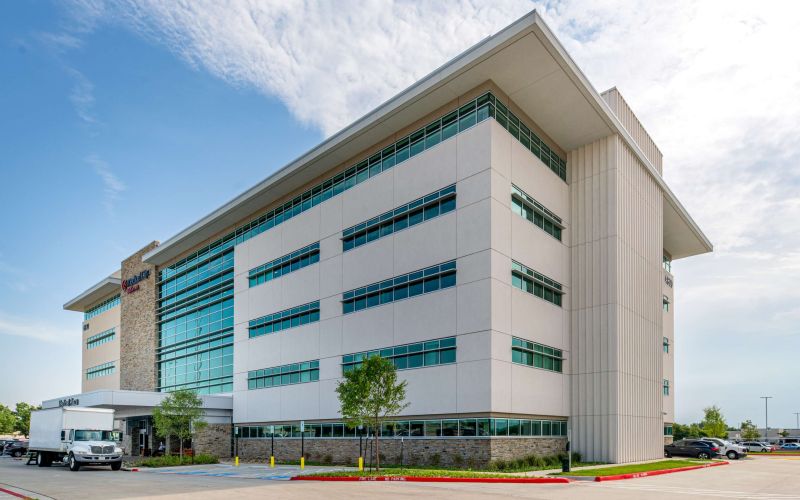
Rogers-O'Brien Construction (RO) has officially introduced Compass, a proprietary artificial intelligence assistant built specifically to serve the needs of its workforce across Texas. Designed and developed entirely in-house, the secure platform is already helping more than 650 employees quickly tap into over 7,000 project records, staffing assignments, and internal knowledge sources, cutting time spent on complex information requests by up to 50 minutes per task.

“When we surveyed the tools on the market, it became clear that none of them truly understood our business,” said Todd Wynne, Chief Innovation Officer at Rogers-O'Brien Construction. “Generic chatbots don't know how RO builds. They don't understand our workflows, and they certainly don't meet our security standards.”
Unlike generalized AI services, Compass was built with construction logic at its core. It integrates directly with RO’s internal systems—including Bridgit Bench, Procore, the company Playbook, Employee Directory, and its centralized data lake—allowing employees to retrieve live staffing data, project histories, and resource allocations instantly while remaining fully compliant with enterprise security protocols.
“Rather than adopting an off-the-shelf solution and hoping it would fit, we chose to design and build technology tailored specifically to our business,” said President and CEO Justin McAfee. “Compass reflects our commitment to leading innovation in construction and ensuring our teams have precisely the tools they need to deliver exceptional results for our clients.”

With its ability to translate complex documentation into natural language responses, Compass enables project teams to spend less time searching and more time building. As one of the first secure, enterprise-grade AI assistants in the construction sector, it represents a major shift toward data-driven field operations.
Compass also joins RO’s existing technology ecosystem, which includes reality capture systems, digital twins, and automated monitoring tools, further positioning the company as a frontrunner in construction innovation.
Looking forward, RO’s Research & Development team plans to expand Compass with more integrations, including predictive analytics and new AI-driven workflows based on real-time field usage and team feedback.
The launch of Compass signals a broader movement in construction—where AI is no longer seen as a futuristic concept but a practical tool for reducing administrative waste, improving coordination, and protecting tribal knowledge within large contracting organizations.
Unlike traditional technology rollouts, Compass wasn’t introduced as a disruptive replacement—it was built to enhance trusted workflows. By aligning with employees’ natural behaviors rather than forcing change, RO has set a repeatable blueprint for AI adoption in construction.
Originally reported by By Rogers-O'Brien Construction Co.